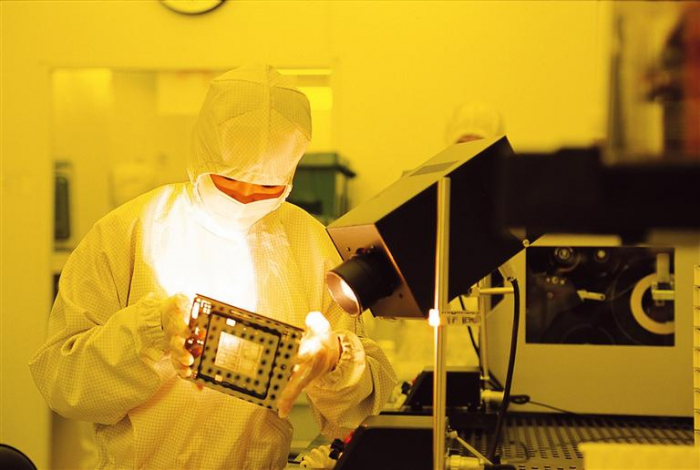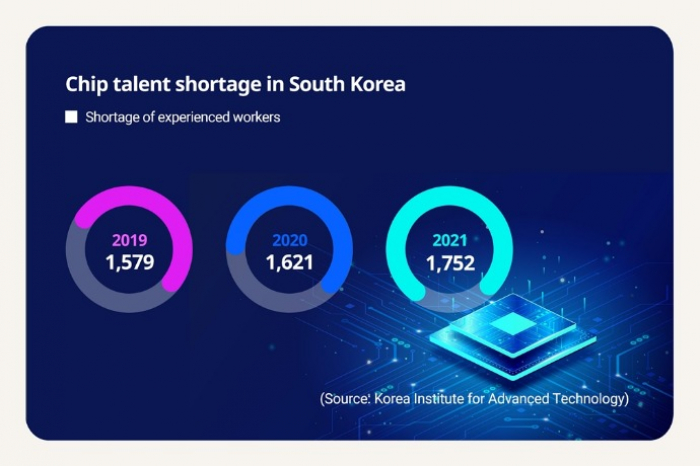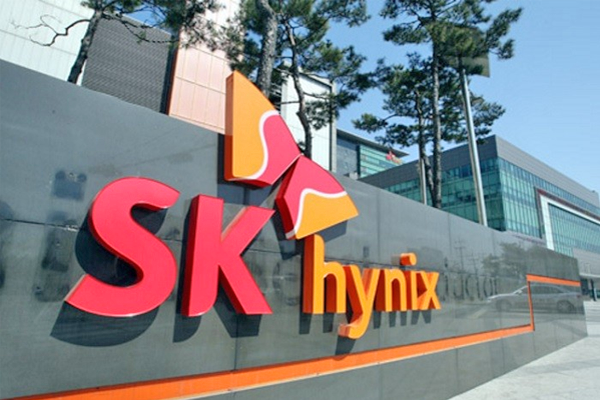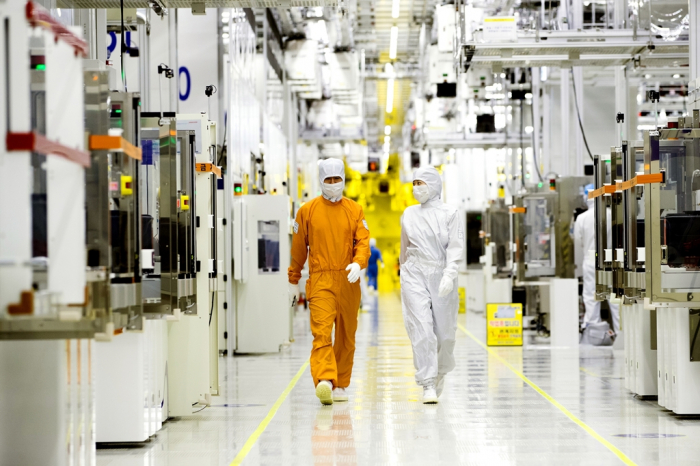Korean chipmakers
Korea to raise young chip engineers for Samsung, SK Hynix
Meister high schools would provide a pipeline for skilled youth to enter the chip industry, analysts say
By Mar 13, 2023 (Gmt+09:00)
3
Min read
Most Read
LG Chem to sell water filter business to Glenwood PE for $692 million


Kyobo Life poised to buy Japan’s SBI Group-owned savings bank


KT&G eyes overseas M&A after rejecting activist fund's offer


StockX in merger talks with Naver’s online reseller Kream


Mirae Asset to be named Korea Post’s core real estate fund operator



According to industry sources on Monday, three cities – Yongin, Incheon and another in Kangwon Province – are seeking to establish or turn vocational-technical schools into meister, or specialized, high schools to foster skilled semiconductor workers.
The cities are working to obtain regulatory approval for the establishment of meister high schools from the Ministry of Education by July, sources said.
The move is expected to lead to the creation of at least three to four such schools to train young experts on semiconductors as well as artificial intelligence technology, they said.
Samsung Electronics Co. and SK Hynix Inc., the world’s two largest memory chipmakers, are planning to sign contracts as early as this month with the Yongin city government to hire students from the specialized schools upon graduation.

Under the deal, the chipmakers will provide the schools with expertise in semiconductor-related technology and on-site training.
Yongin aims to open a meister school with four departments – chip manufacturing, equipment, chip materials and AI – to accommodate 15 classes and 300 students by March 2025.
Currently, there’s only one chip-related meister school, Chungbuk Semiconductor High School, in Chungcheong Province.
Designated as a meister school in 2010, almost all Chungbuk graduates have landed jobs at Samsung and other Korean companies since 2013.
The establishment of more meister high schools is aimed at easing the shortage of skilled personnel and providing a pipeline for young talent to enter the semiconductor industry.
According to the Korea Institute for Advancement of Technology, Korean chipmakers needed 1,621 new chip-related employees in 2020. The companies said they wanted 894 high school graduates or 55.2% of the total required workforce.

BLACK HOLE FOR CHIP ENGINEERS
Korea’s chip industry has been reeling from the lack of a skilled workforce amid criticism that the government has been slow to provide infrastructure and build a professional workforce for the backbone of the Korean economy – Asia’s fourth-largest.
The government estimates that Korea should have at least 304,000 chip experts over the next 10 years if it wants to compete on an equal footing with its archrival Taiwan, home to Taiwan Semiconductor Manufacturing Co. (TSMC), the world’s top foundry chipmaker, and other countries such as China and the US.
Government officials said in July Korea would cut administrative red tape and ease colleges' restrictive student quota system to nurture talent as the country scrambles for semiconductor supremacy.
President Yoon Suk Yeol, whose campaign pledges include establishing more meister high schools, said at a Cabinet meeting last year that “semiconductor is our national security asset and the core part of our industries.”

Korean universities will be allowed to establish additional chip-related departments, graduates of which will be guaranteed jobs at sponsor companies such as Samsung, the education ministry said.
Samsung, also the world’s top smartphone maker by volume, has sought to hire veteran engineers abroad to keep up with the rising demand for chips, particularly those used in advanced electronic gadgets.
“High school graduates account for more than a fifth of our chip workforce at Samsung. We plan to hire more talented young people upon graduation,” said Kyung Kye-hyun, head of Samsung's semiconductor business.
Samsung’s rivals, including Micron Technology Inc. and Taiwan’s TSMC, are also actively seeking to hire workers, fueling fierce competition in a hunt for talent.
According to a Wall Street Journal report, the semiconductor industry is emerging as a black hole for talent and up to 500,000 new chip workers will be needed worldwide by 2025.
Write to Jeong-Soo Hwang and Man-Su Choe at hjs@hankyung.com
In-Soo Nam edited this article.
More to Read
-
 Korean chipmakersSouth Korea to cut red tape, raise student quota to grow chip talent
Korean chipmakersSouth Korea to cut red tape, raise student quota to grow chip talentJul 19, 2022 (Gmt+09:00)
4 Min read -
 Korean chipmakersSamsung heads to US amid intensifying chip talent war
Korean chipmakersSamsung heads to US amid intensifying chip talent warSep 26, 2022 (Gmt+09:00)
2 Min read -
 Artificial intelligenceKorea to invest $367 million to nurture AI, metaverse, digital talent
Artificial intelligenceKorea to invest $367 million to nurture AI, metaverse, digital talentJan 19, 2023 (Gmt+09:00)
1 Min read -
 Korean chipmakersSamsung, SK Hynix scramble for talent amid a lack government support
Korean chipmakersSamsung, SK Hynix scramble for talent amid a lack government supportMay 06, 2022 (Gmt+09:00)
6 Min read -
 Korean chipmakersSamsung hunts for top talent amid chip industry hiring war
Korean chipmakersSamsung hunts for top talent amid chip industry hiring warFeb 03, 2021 (Gmt+09:00)
3 Min read
Comment 0
LOG IN


